Bamboo pots, bamboo shoulder poles, woven hemp bamboo items... In the house of Dr. Karolina Pawlik, who goes by the Chinese name Song Yafeng, bamboo elements are everywhere. These objects, brimming with the vibrancy of daily life, harmonize perfectly with her identity as a teacher at Suzhou-based Xi'an Jiaotong-Liverpool University.
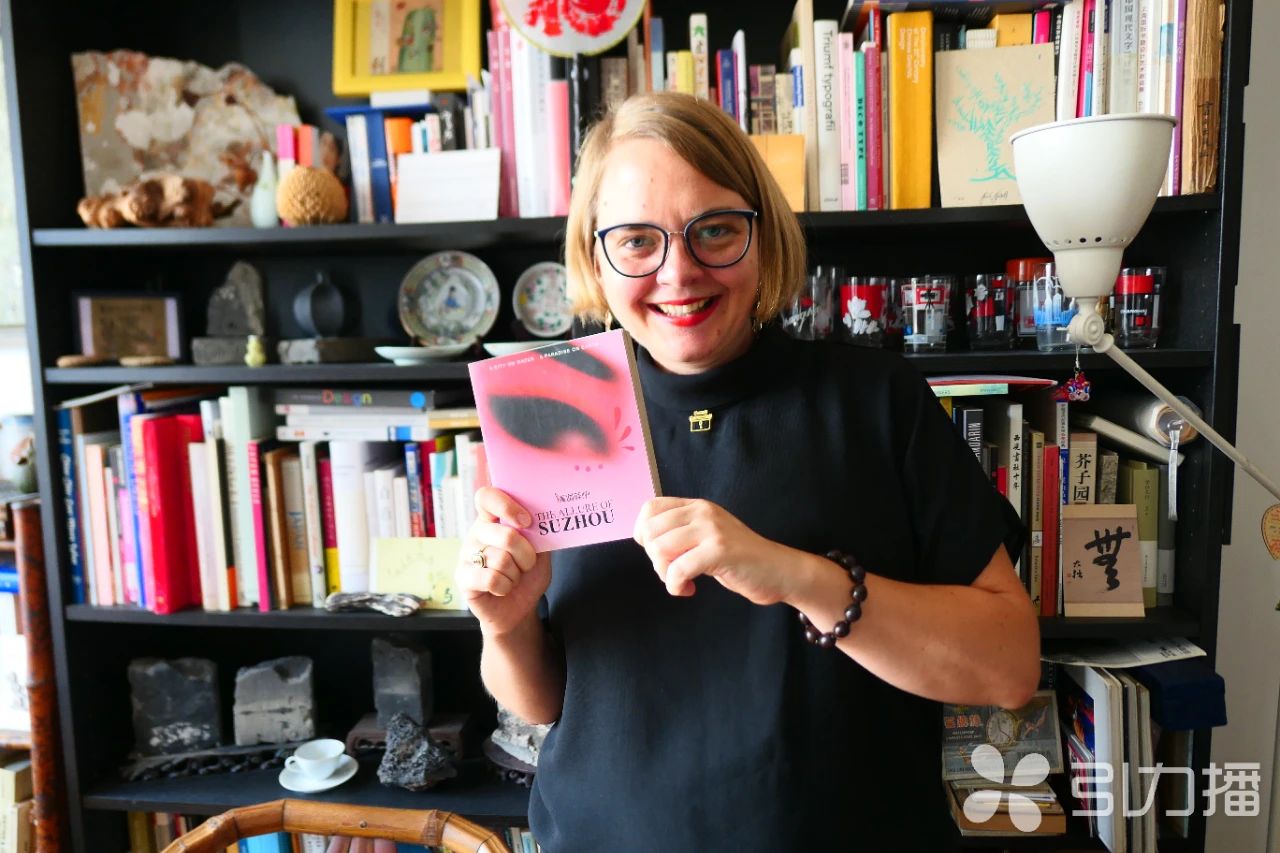
Recent photo of Song Yafeng/Photo by Suzhou Daily Convergence Media reporter Jiang Zuhua
More than a scholar, she is also a collector of over 150 traditional Chinese bamboo chairs. From Poland to Jiangnan, her passion for Chinese culture has remained unwavering. She describes Suzhou as a serene and beautiful city that offers her ample space for introspection. Her love for collecting items deeply related to Chinese life has turned her home into a unique gallery of living memories. "These are no longer sealed specimens; they are alive with the spirit of Jiangnan," Song said.
30 Years of Connection with China
The Chinese name Song Yafeng is inspired by the Classic of Poetry and its parts of Feng (Ballads), Ya (Odes) and Song (Hymns). "My calligraphy teacher gave me this name to express my love for traditional Chinese culture," she explained. In 1995, due to her parents' work, Song first came to China for elementary school. She later studied Chinese in Xi'an, returned to Poland for her Ph.D., and then conducted research at a university in Shanghai. Now, she works as a teacher at Xi'an Jiaotong-Liverpool University. "Everyone in my team has been incredibly kind. We get along well with each other, and I truly enjoy working with them," she said.

Screenshot of Song Yafeng's WeChat Moments
Till now, 30 years have passed since Song first arrived in China. "China is so big. I've traveled to many places here, but I've found that Suzhou is the city I love most," she noted. In her home, a floor-to-ceiling window frames a view of Dushu Lake—her favorite spot to sit with a cup of coffee. "This is the perfect way to unwind," she said. "I once read a book that says, 'Your mind should be like water,' which means your mental state should be pure and calm like water. In Suzhou, I've found that state."
Everything about Her is Intertwined with Bamboo
Song's work revolves around art and design. Her home is filled with collections of 20th-century Chinese household items, among which bamboo chairs hold a special place in her heart. Since she began collecting these chairs, Song has come to appreciate the philosophical depth of bamboo, much like the literati of ancient times. "What moves me most about bamboo is its resilience. It bends in storms but rarely breaks. This symbolizes a tenacious attitude toward adversity, a life philosophy I deeply admire," she reflected. Beyond her extensive collection of bamboo chairs, her treasures include everyday utensils like bamboo kitchenware, showcasing how bamboo culture has profoundly permeated her life.
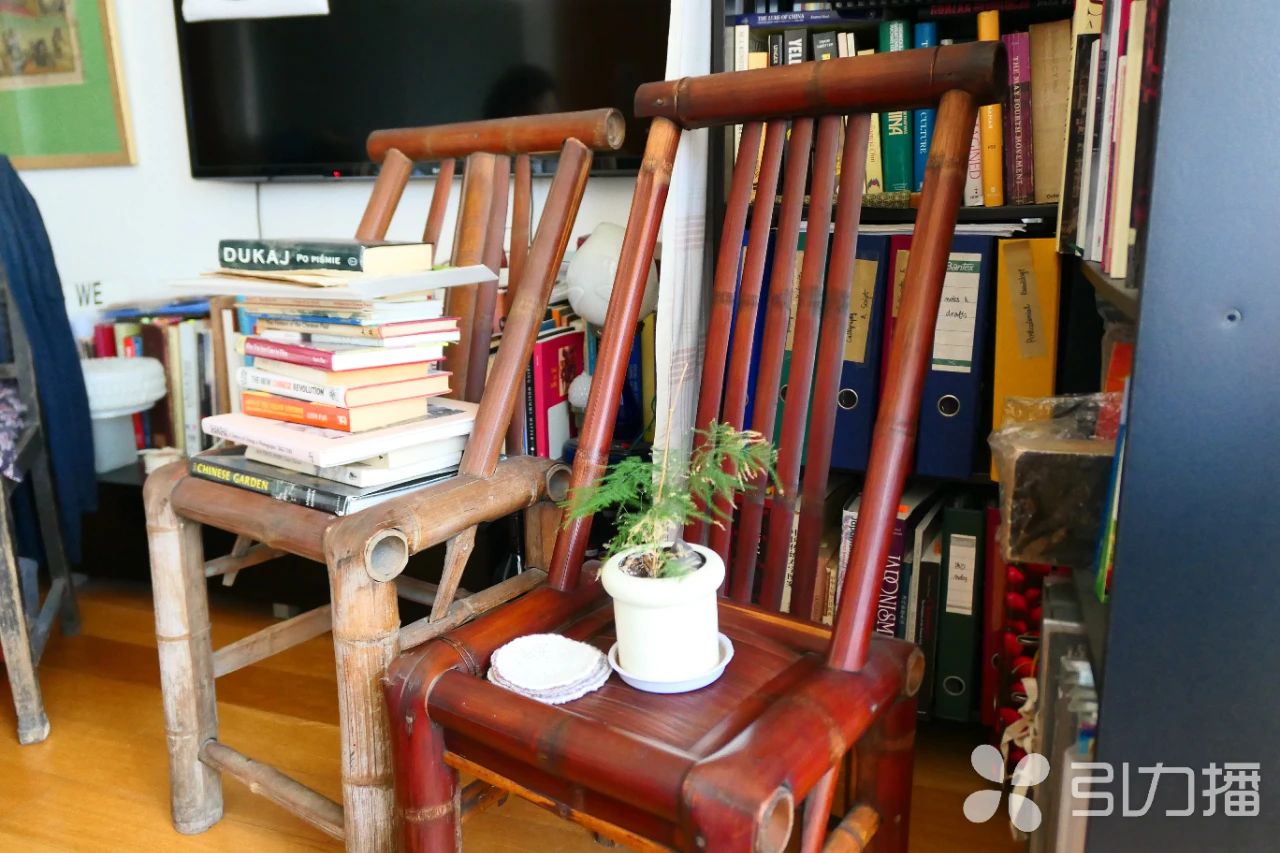
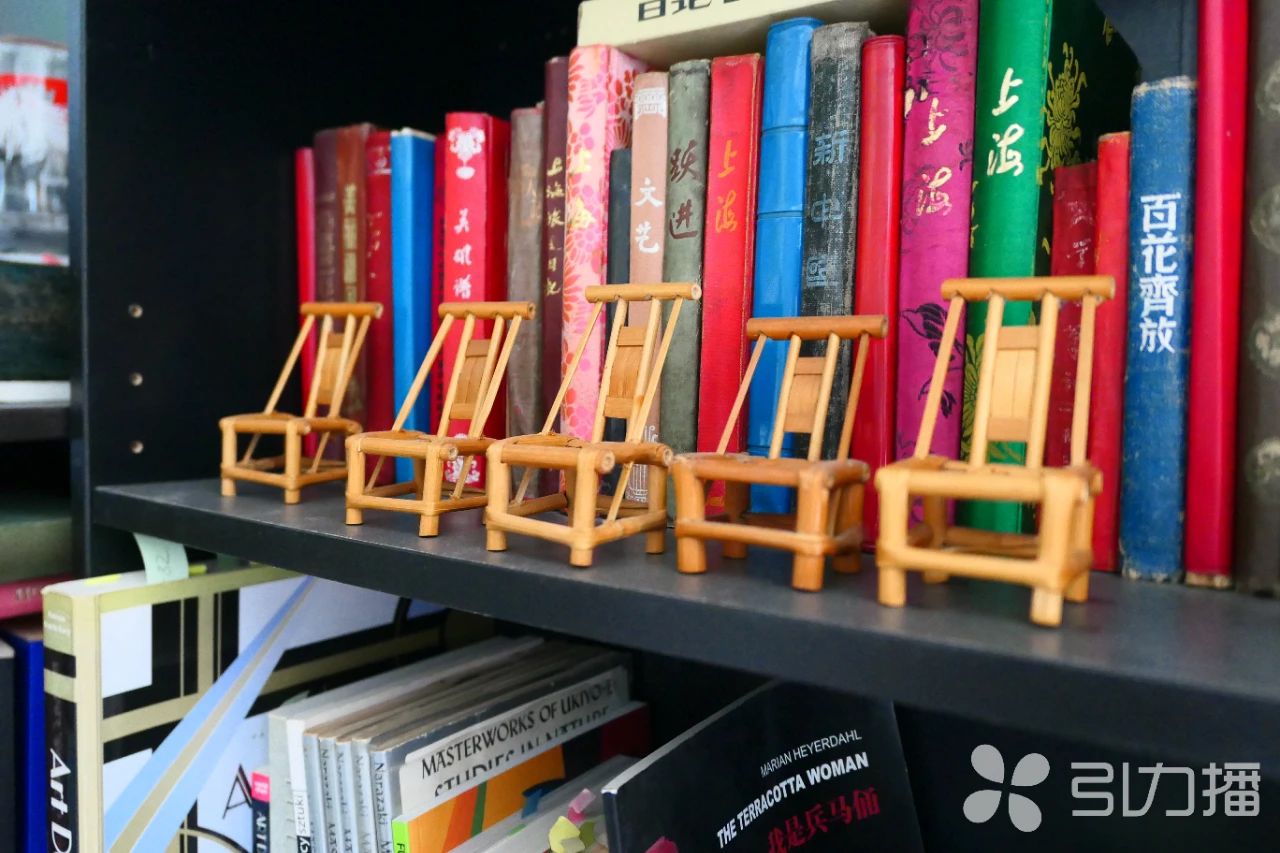
Bamboo chairs collected by Song Yafeng/Photo by Suzhou Daily Convergence Media reporter Jiang Zuhua
Finding a Spiritual Sanctuary in Suzhou Gardens
When Song first arrived in Suzhou, she purchased an annual pass for the city's classical gardens. "I visited the Humble Administrator's Garden or Tiger Hill at least once a week to document the light and shadows like a research study," she recalled. Her phone holds thousands of garden photos—the bamboo shadows in Lion Grove Garden, rain in Lingering Garden, and hardy banana leaves in Canglang Pavilion—and they capture Suzhou's gardens in four seasons. To her surprise, she noticed that the lattice patterns on the windows of the Humble Administrator's Garden were almost similar to those on an antique carved wooden door she had once found in a junk shop.
Among her extensive collection, a noteworthy piece is an "Imperial Kiln Brick." This square brick is placed at the center of the tea table, bearing the stamp "Suzhou Lumu Imperial Kiln" on its base. When struck, it produces a metallic resonance akin to the sound of metal and stone. Song mentioned that the irregular dark patterns on its surface, which were formed by fluctuating kiln temperatures during firing, much like the growth rings of an ancient tree, are the details that fascinate her the most.

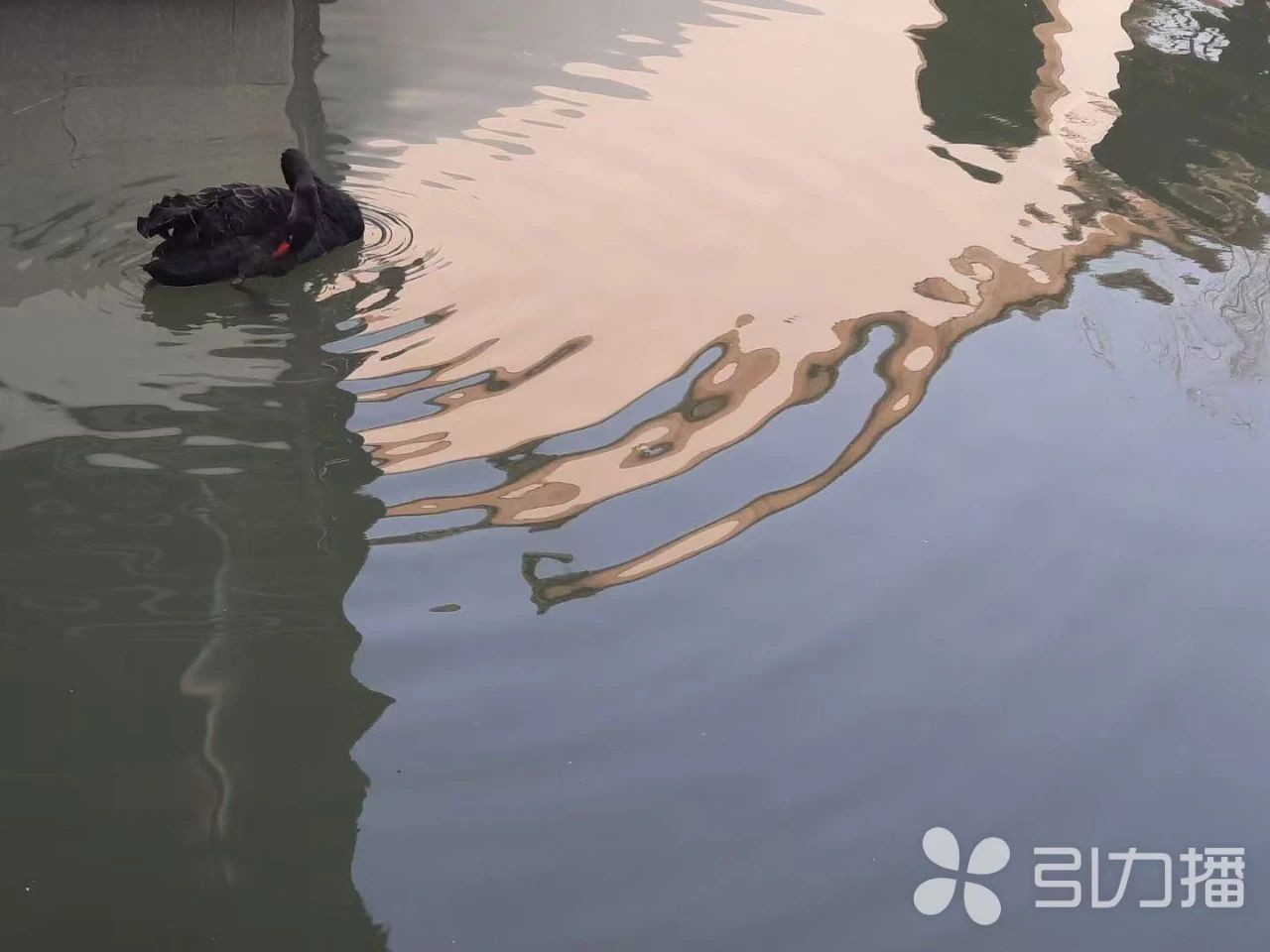
Photographic works by Song Yafeng
"Suzhou is a peaceful and beautiful city that gives me ample space to converse with myself." Song Yafeng loves strolling by Jinji Lake at dawn, where she sees Suzhou shrouded in quiet morning mist. She also enjoys sitting alone on her bamboo chair at home in the afternoon, gazing at the scenery outside her window undisturbed. But what she likes most is walking through the bamboo groves of Tiger Hill at dusk—a moment so timeless that she can hardly tell whether she's in ancient or modern times. It is precisely this atmosphere that allows her to immerse herself in studying traditional Chinese culture and writing books and poetry with a tranquil mind.
On the bookshelf in the living room, Appreciation of Suzhou Garden Inscriptions and Couplets sits side by side with Soviet Design and Modern Chinese Artistic Lettering. "Since coming to Suzhou, I've had more time to reflect and explore the connections and influences between different cultures," she said.
If she had to leave Suzhou, she would miss its cultural environment most. "Here, every artifact comes to life." She placed a latticed window in front of her bookshelf, watching sunlight filter through it and cast dappled patterns on the floor. "They're no longer sealed specimens, but living memories of Jiangnan," she remarked.
Source:YinliboEvents
More+-
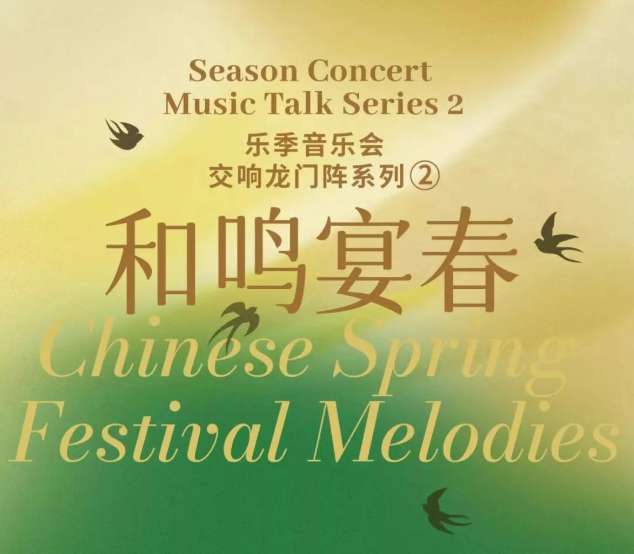
Chengdu Symphony Orchestra2025-2026 Season Concert—Music Talk Series 2“Chinese Spring Festival Melodies”
-
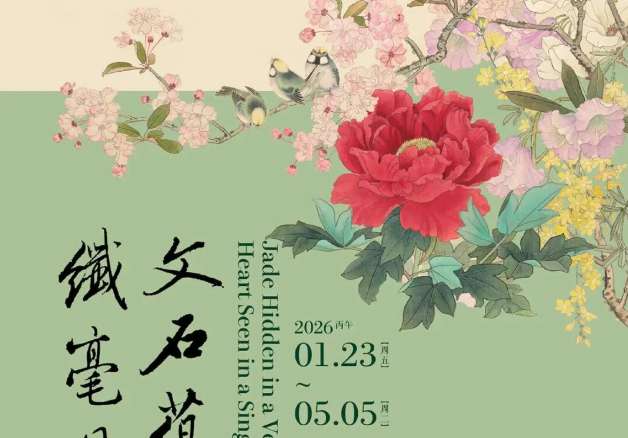
Exhibition of Zhao Yunyu’s Calligraphy and Painting from the Chengdu Museum Collection
-
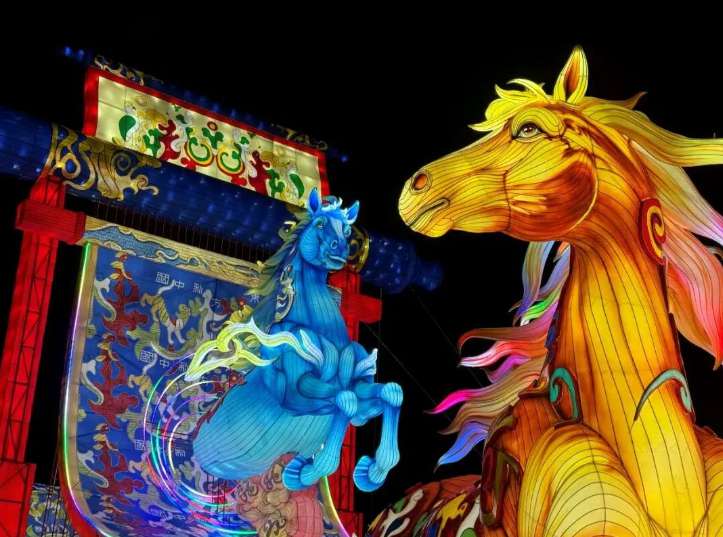
The 55th Chengdu InternationalPanda Lantern Festival
-

The 29th China (Sichuan) New Year Shopping Festival
-

2026 BJ Online New Year Shopping Festival Unfolds











 京公网安备
京公网安备